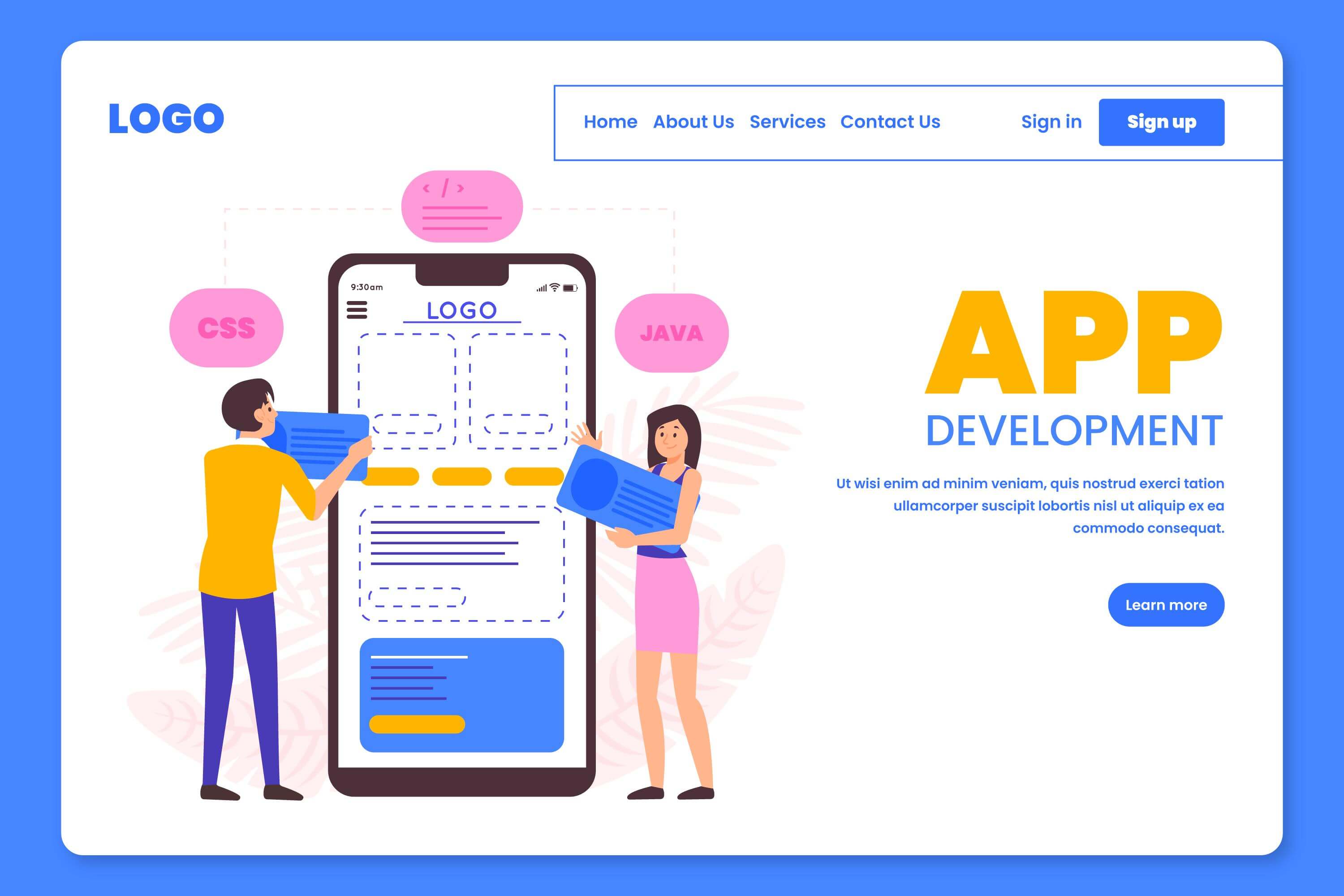Introduction
In the world of digital technology, businesses are increasingly relying on applications to enhance their operations and connect with customers. Two popular options are web apps and mobile apps, each offering unique advantages and considerations. In this blog post, we will delve into the differences between web apps and mobile apps, enabling you to make an informed decision about which solution is best suited for your business needs.
Accessibility and Compatibility:
Web apps are accessed through web browsers on various devices, including desktop computers, laptops, tablets, and smartphones. They are platform-independent and do not require installation, making them accessible to a broader audience. In contrast, mobile apps are designed specifically for smartphones and tablets, taking advantage of their native features and functionality. While mobile apps offer a more tailored experience, they are limited to specific operating systems (such as iOS or Android) and require users to download and install them.
User Experience and Interface:
User experience plays a crucial role in the success of any application. Web apps are built using responsive design techniques, ensuring that they adapt and provide a consistent experience across different devices. They typically have a similar interface regardless of the device being used. On the other hand, mobile apps are developed natively for each platform, allowing them to leverage device-specific features such as camera access, push notifications, and offline capabilities. This enables mobile apps to provide a more immersive and interactive user experience.
Development and Maintenance:
Web app development primarily relies on web technologies like HTML, CSS, and JavaScript, making it relatively easier and cost-effective compared to mobile app development. With web apps, updates and bug fixes can be deployed instantly, as users access the latest version directly through their browsers. Mobile app development involves using platform-specific programming languages such as Swift for iOS or Java/Kotlin for Android. Maintaining mobile apps requires compliance with app store guidelines, submission of updates for review, and managing multiple versions for different operating systems.
Performance and Speed:
When it comes to performance, web apps rely on internet connectivity to retrieve data, which can sometimes result in slower loading times. Mobile apps, on the other hand, are installed directly on devices and can take advantage of native features, resulting in faster loading times and improved overall performance. Mobile apps also have access to device resources and can function offline to a certain extent, providing a seamless user experience even in areas with limited or no internet connectivity.
Discoverability and Marketing:
Web apps benefit from search engine optimization (SEO), as they can be easily discovered through search engine results. Sharing web apps is as simple as sharing a URL, eliminating the need for users to download and install anything. Mobile apps, however, can leverage app store listings, user reviews, and recommendations to increase their visibility and attract new users. App store optimization (ASO) techniques can be employed to improve the app’s ranking and visibility within the app stores.
Unlocking efficiency and flexibility with innovative mobility software solutions for seamless connectivity and enhanced productivity.
Conclusion
Choosing between a web app and a mobile app depends on various factors, including your target audience, required features, and business goals. Web apps offer broader accessibility and compatibility across devices, while mobile apps provide a more tailored and interactive user experience. Consider the unique needs of your business and the preferences of your users when deciding on the best solution. In some cases, a combination of both web and mobile apps may be the ideal approach to reach a wider audience and maximize user engagement.

